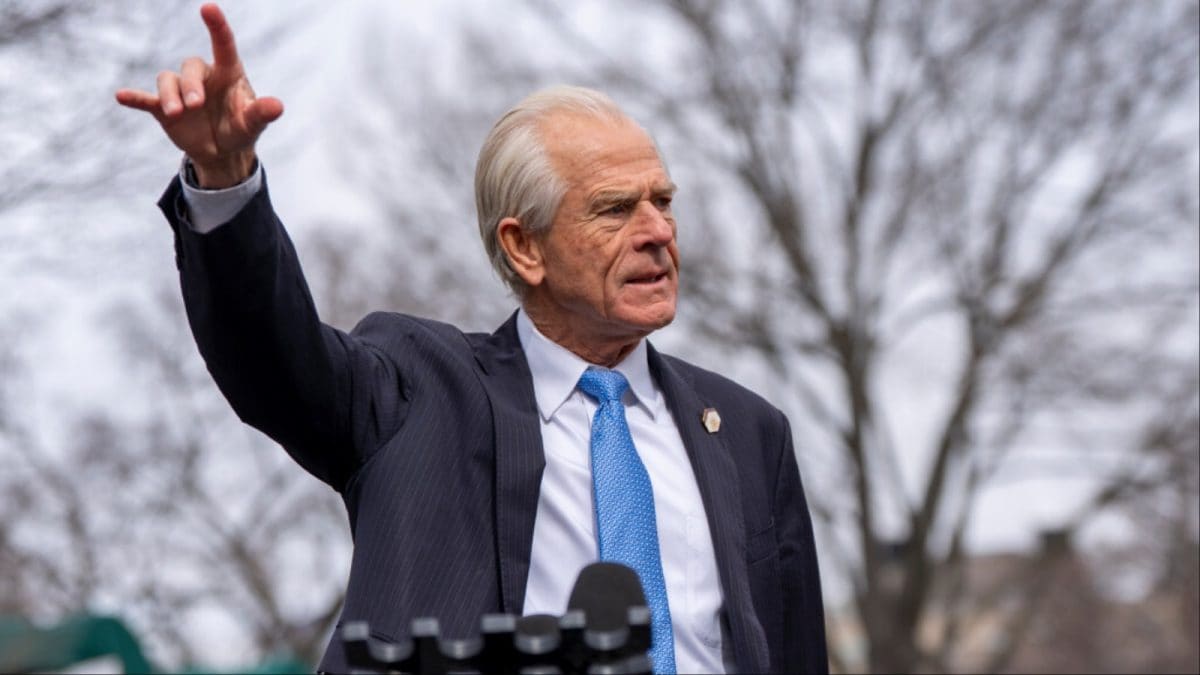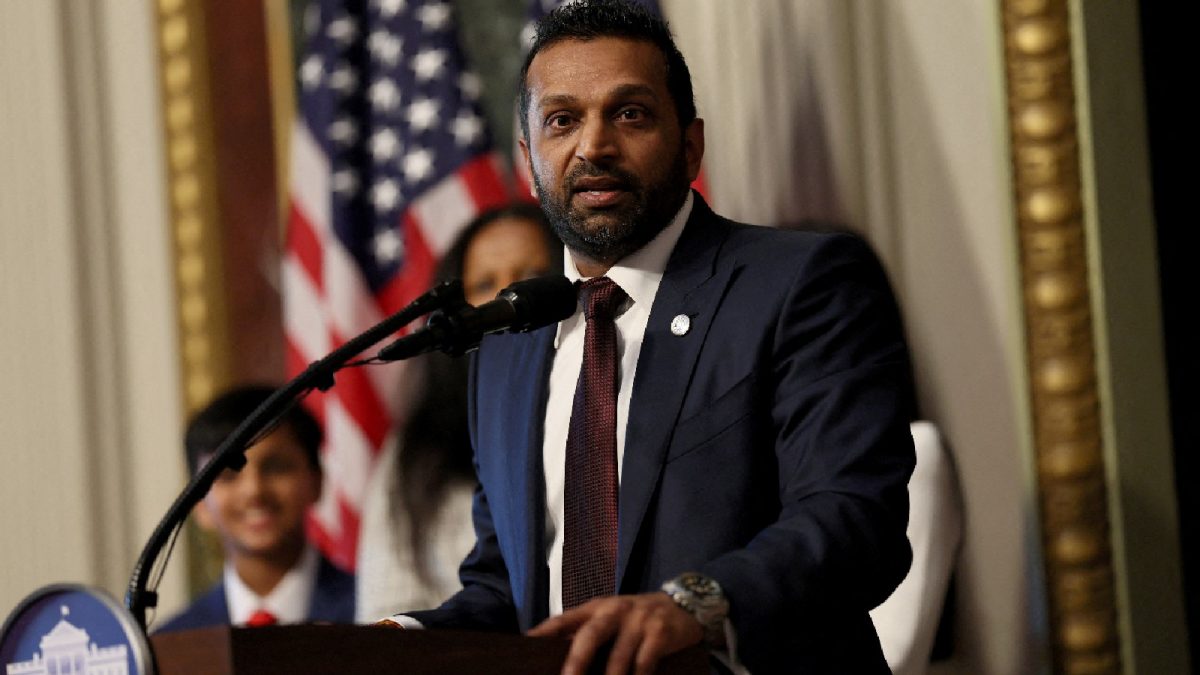In January 2018, Truglia helped carry out a SIM-swapping attack. This scam is done by convincing mobile carrier employees to transfer a person's phone number to a SIM card controlled by the scammers.

Truglia had admitted in 2021 that he was part of a high-tech scam. (X/@TechLeviathan)
Nicholas Truglia, who was earlier sentenced to 18 months in prison for stealing $22 million in cryptocurrency fraud, will now spend 12 years in prison. A federal judge decided to increase the sentence after Truglia failed to return nearly $20.4 million to the victim, as promised.
On Thursday, US District Judge Alvin Hellerstein announced the decision, stating that Truglia had purposely failed to pay the amount he had agreed to. Truglia’s lawyers immediately responded, saying the judge had been too harsh. They argued that increasing the sentence from 18 months to 12 years is an abuse of the court's power.
HOW THE SCAM WORKED AND WHO WAS TARGETED
Truglia had admitted in 2021 that he was part of a high-tech scam. The group he worked with used SIM-swapping tricks to gain control of a victim's cell phone, which allowed them steal over $20 million worth cryptocurrency. The judge referred to the scammers as a gang of "evil computer geniuses."
In January 2018, Truglia helped carry out a SIM-swapping attack. This scam is done by convincing mobile carrier employees to transfer a person’s phone number to a SIM card controlled by the scammers. Once that happens, the attackers can use the number to get into online accounts, steal money, cryptocurrency, personal contacts, and even social media accounts.
This group targeted Michael Terpin, the CEO of Transform Group, a company that provides PR support for blockchain firms. After breaking into Terpin's accounts, the hackers stole his crypto and brought in Truglia to help convert the stolen funds into Bitcoin.
During the first court hearing in his case, it was revealed that Truglia had a net worth of $53 million. He owned crypto, valuable art, and expensive jewelry. However, his lawyer, Mark Gombiner, said that Truglia had already given up everything he owned, including all the money in his Wells Fargo bank account.
Despite this claim, the court was not convinced that Truglia had done enough to repay the victim. Judge Hellerstein decided that the failure to make restitution was intentional.
- Ends
Published By:
Satyam Singh
Published On:
Jul 11, 2025

 1 month ago
1 month ago


















